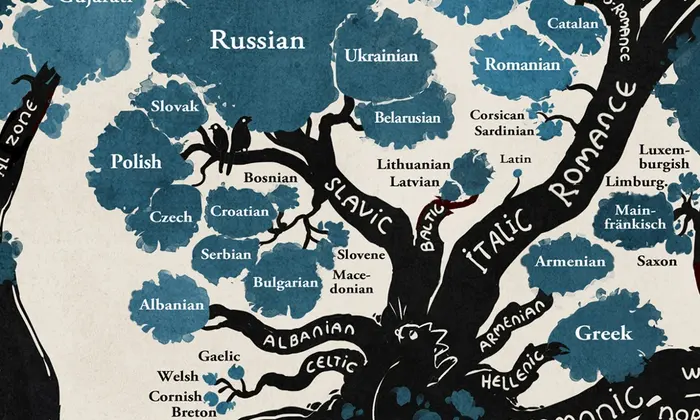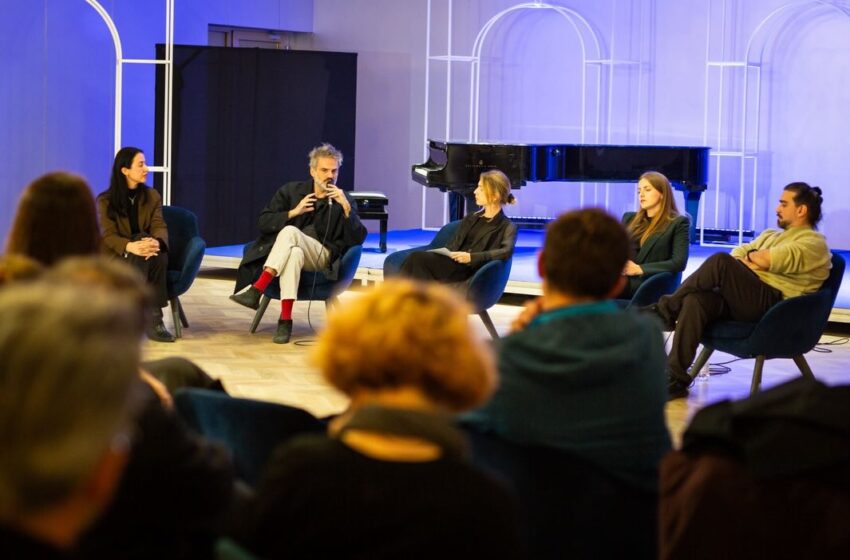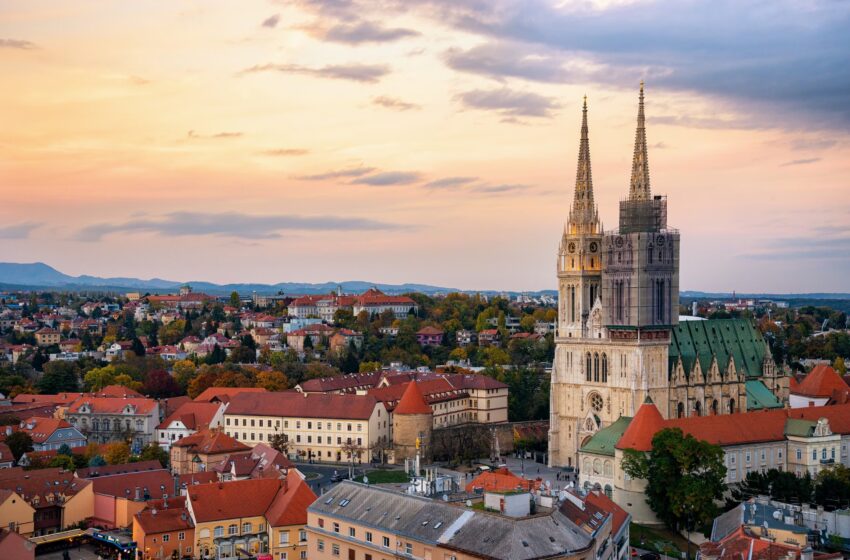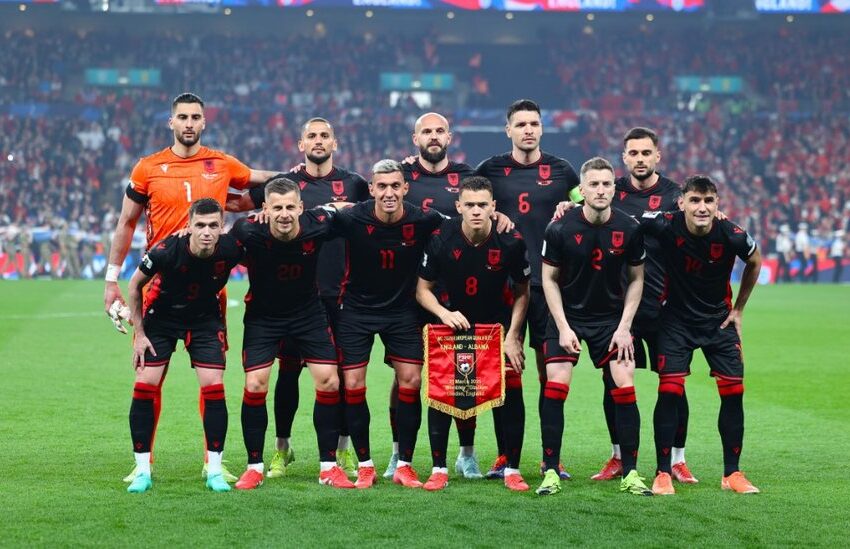New study on age of Albanian language sparks controversy among linguists

A groundbreaking study by historian Paul Heggarty suggests that the Albanian language may have originated around 7,000 years ago. This revelation has ignited a heated debate among linguists and historians, with Heggarty’s methods and conclusions facing significant scrutiny. The findings, based on a combination of archaeological evidence and innovative DNA analysis, are challenging deeply rooted theories in the field of historical linguistics.
Why is this important: Debates about the age of languages shed light on the roots of human communication and the historic and cultural heritage of a people. However, the challenge of accurately pinpointing when a language was “born” means that any claims about linguistic timelines inevitably spark controversy. This is especially true in regions like the Balkans, where language and historical interpretation are intertwined with national identity and can even have real-life political or social consequences. Heggarty’s study, published a year ago in Science, upends previous assumptions by suggesting that the Indo-European language family, including Albanian, is older than scholars have long believed, potentially reshaping our understanding of European prehistory.
Context: Heggarty’s study posits that Proto-Indo-European languages emerged around 8,100 years ago, with the Albanian branch diverging 6,000-7,000 years ago. Yet, the methodology behind these conclusions has provoked criticism. Heggarty employs techniques borrowed from fields like biology and DNA analysis, relying on mathematical models to trace linguistic evolution. While these methods are considered innovative, many traditional linguists argue they are inappropriate for linguistic research and cannot accurately map the complex and fluid development of languages.
Criticism: Critics point out that languages evolve in ways that are not easily quantifiable through models used in biological research. Some experts express concern that applying scientific dating techniques to linguistic studies oversimplifies the cultural and historical complexities of language evolution. They argue that without corroborating evidence from extensive archaeological finds, such claims risk being speculative at best. Given the fraught historical and cultural significance of language in the Balkans, this debate is far from academic—it’s about the narratives that shape national identities.
Balkan context: Given their history and claims and counterclaims on origins, the Balkans are particularly sensitive to linguistic claims. Discussions about the origin and age of the Albanian language can impact how people in the region view their heritage and relationships with neighboring nations. In this context, Heggarty’s research has not only sparked scholarly debate but also stirred conversations that could have broader social and political implications.


